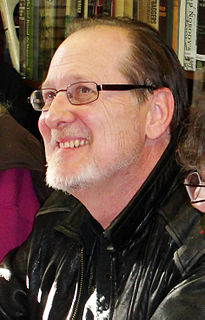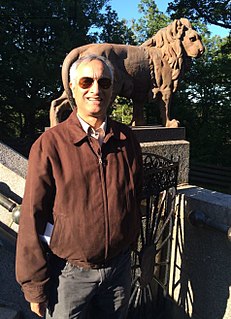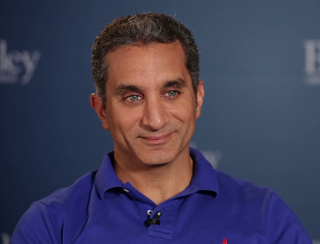A Quote by John Shirley
I'm disturbed when people let superstition, magical thinking, extreme conspiracy theories and so on blur their minds.
Quote Topics
Related Quotes
Because those who hold conspiracy theories typically suffer from a crippled epistemology, in accordance with which it is rational to hold such theories, the best response consists in cognitive infiltration of extremist groups. Various policy dilemmas, such as the question whether it is better for government to rebut conspiracy theories or to ignore them, are explored in this light.
Our minds are specifically adapted to developing certain theories, and we have a science if the theories that are available to our minds happen to be close to true. Well, there is no particular reason to suppose that the intersection of true theories and theories that are accessible to the mind is very large. It may not be very large.
The reason it is difficult is that we have been conditioned to laugh at conspiracy theories, and few people will risk public ridicule by advocating them. On the other hand, to endorse the accidental view is absurd. Almost all of history is an unbroken trail of one conspiracy after another. Conspiracies are the norm, not the exception.
The play of Hillary Clinton is to do exactly what she did with Whitewater, with the conspiracy theories about Vince Foster's suicide, with the conspiracy theory that Clinton Foundation donations somehow went to the Russians to open a Nickel mine in Canada, this is all nonsense. This stuff has been going on for 30 years.



































